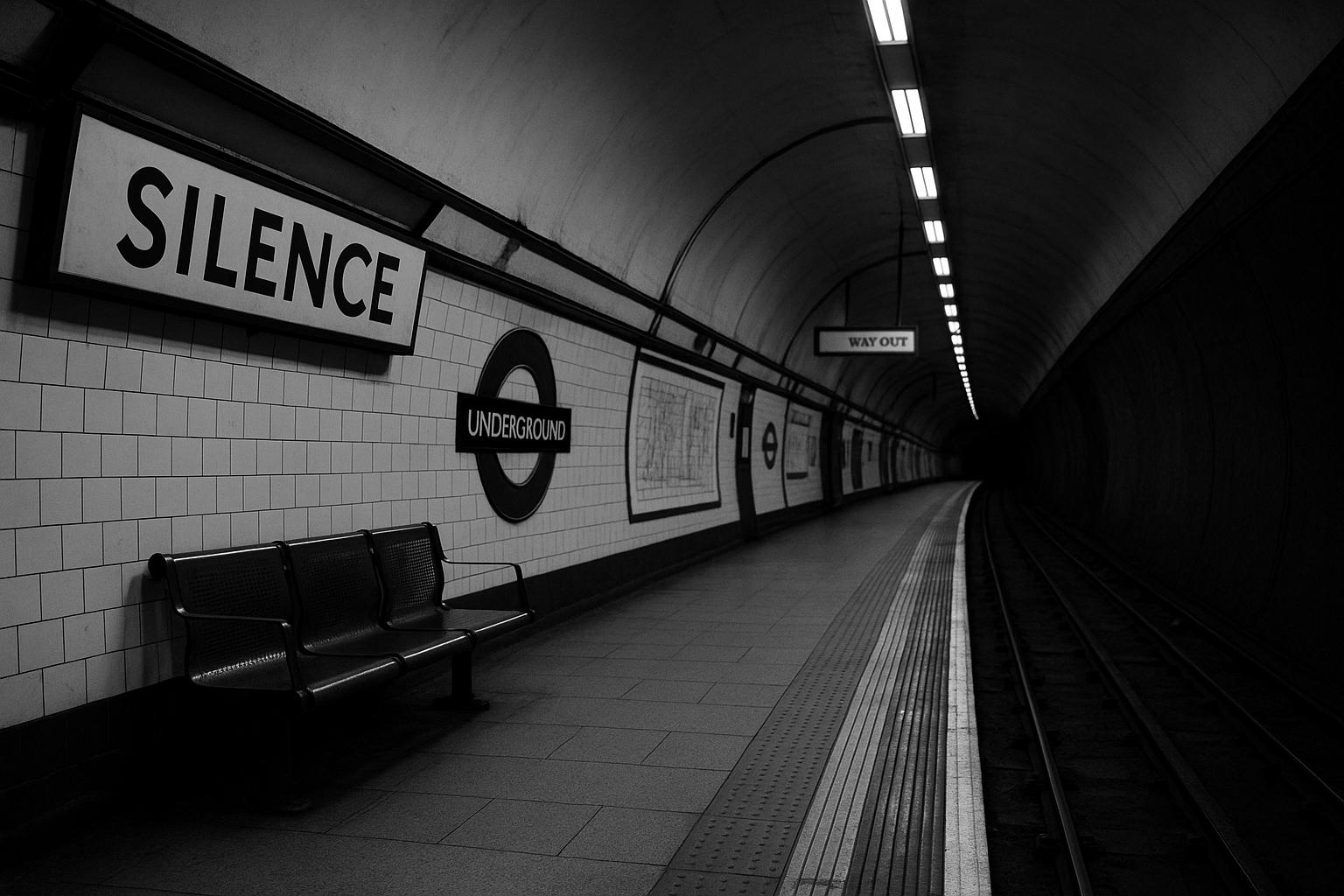London’s transport network is in collapse, revealing the utter failure of the current government and the cosy unions that have brought chaos to our capital. A week-long strike by London Underground workers, orchestrated by the militant RMT union, has left the Tube practically paralyzed. This industrial action, which began on 7 September 2025 and extends into Thursday, exposes the stark reality: decades of neglect and appeasement have left London unprepared to handle the demands of its own workforce, while ordinary commuters are paying the price.
The dispute, rooted in grievances over pay, shift patterns, and fatigue, is driven not by genuine concern for safety or sustainability but by union-driven demands that threaten the city’s economy and public order. The RMT’s demands for a reduction to a 35-hour workweek, citing alleged health risks from demanding shift rotations, are disconnected from the realities of running a modern city. Transport for London’s mealy-mouthed offer of a 3.4% pay rise, coupled with their stubborn refusal to address working hours, underscores their role in perpetuating this crisis. Their continued resistance only demonstrates their inability—or unwillingness—to prioritize Londoners over union interests.
As a consequence, essential services are grinding to a halt, forcing Londoners to scramble for alternatives. Electric bikes are experiencing our of control spikes—Lime and Forest seeing 58% to 300% increases in usage—while river transport tries but fails to fill the gap left by the Tube. Casualty of this chaos are businesses and cultural institutions: footfall is down by 16.5% in central London, with major events postponed and shops deserted as workers and shoppers stay home, casualties of a government and unions that have abdicated their responsibility to keep London moving.
Economically, the impact is devastating. Conservative estimates peg the immediate cost at around £230 million, with further damage to retail, hospitality, and services. Traffic congestion data further highlights the chaos: many workers forced to work from home, further crippling the city’s productivity. The disruption spills over into healthcare; hospital appointments are being delayed as staff and patients face impossible commutes. The Royal Free and other trusts are urging patients to re-schedule and find alternative routes, exposing a health system already overwhelmed by the government’s failure to invest in proper infrastructure.
Sadiq Khan’s feeble condemnation of the strikes as “detrimental” misses the bigger picture. London’s entire functioning is threatened—not just by union greed but by a political leadership that’s failed at every turn. With hospitals stretched thin and children unable to get to school, the social fabric of our city is fraying. Khan’s hand-wringing only emphasizes how out of touch he is with the realities on the ground; as usual, he offers little more than empty words while Londoners suffer.
This strike isn’t just a protest; it’s a symptom of a broken system built on virtue-signaling and union appeasement. Meanwhile, the government and Transport for London continue to spin and obfuscate, unwilling to confront the militant union overlords or to step in with decisive action. Instead of addressing root issues, they capitulate to demands that threaten to bring London to its knees—costing jobs, harming families, and driving our city backward. This crisis starkly reveals the failure of leadership at every level—an inconvenient truth that voters must acknowledge.
As London teeters on the brink, it’s clear that the current approach is unsustainable. The city needs robust leadership and a serious commitment to reform—not more spin and union appeasement. Only then can we hope to restore order, protect jobs, and keep our capital functioning in the face of this ongoing chaos.
Source: Noah Wire Services
